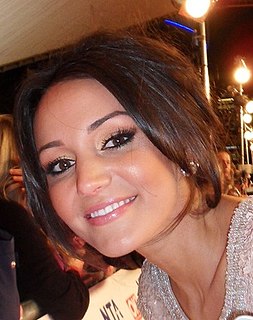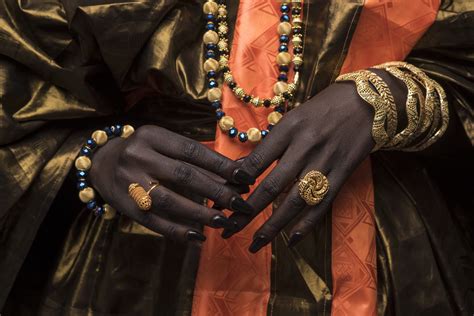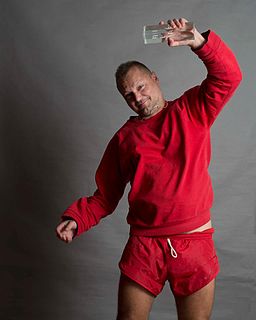A Quote by Diane Guerrero
I've experienced colorism in that way: where if you're lighter, then you'll potentially be accepted into society better than if you were darker-skinned.
Related Quotes
Light-skinned black people are seen to be closer to white people. The allegiance to lighter-skinned people has operated in a very destructive way that we have internalized ourselves inside black communities. You look at many of the prominent black people in this society who have been able to do well. Many have been lighter-skinned.
My hope as an actress is knowing that I'm someone who is more privileged - I'm biracial and lighter-skinned - and I hope it can open up the door for more women of color, especially darker-skinned black women. I hope everyone hops on the bandwagon and decides to start putting women of color in movies that aren't just about race.
Me and my sisters were taught that if our eyes worked and our legs worked, we were beautiful. We had so many kids in our family that if we all got in front of the mirror and were ashamed of browns and golds and yellows and whites, and we believed what society told us - that the darker people were less attractive and the lighter ones were prettier - we would have had sibling murders. My family, being half-rural and half-military, just came from a different place.
I'm kinda racist... I don't really like dark butts too much... It's rare that I do dark butts. Like really rare... It's like, no darker than me. No darker than me. I love the pool test.... If you can be like 'Yo, baby. I met you in the club. Let's go back to my house. Jump in the pool exactly like you are.'-And you don't come looking better wet than you were before you got in the pool then that's not a good look.




































